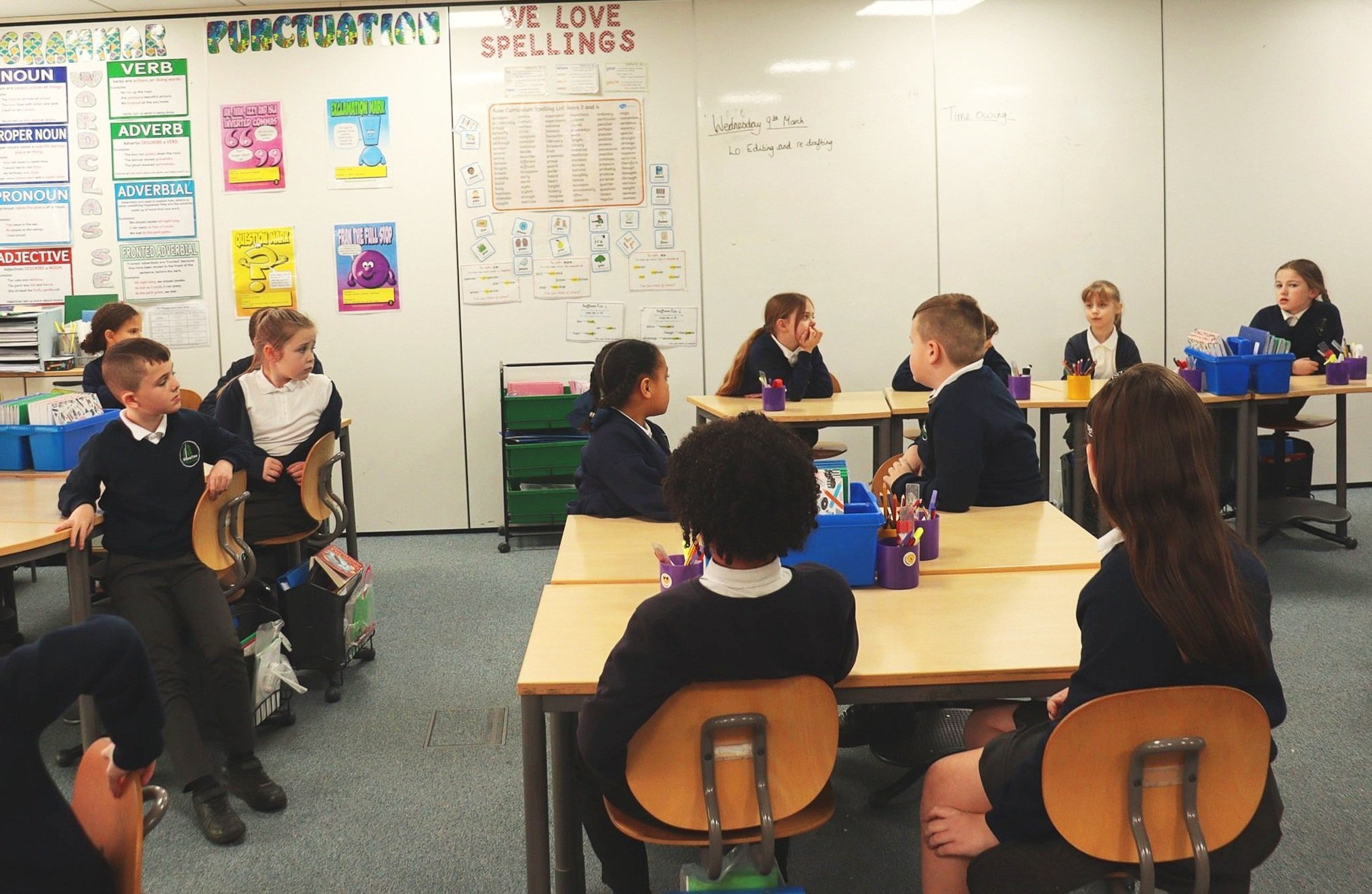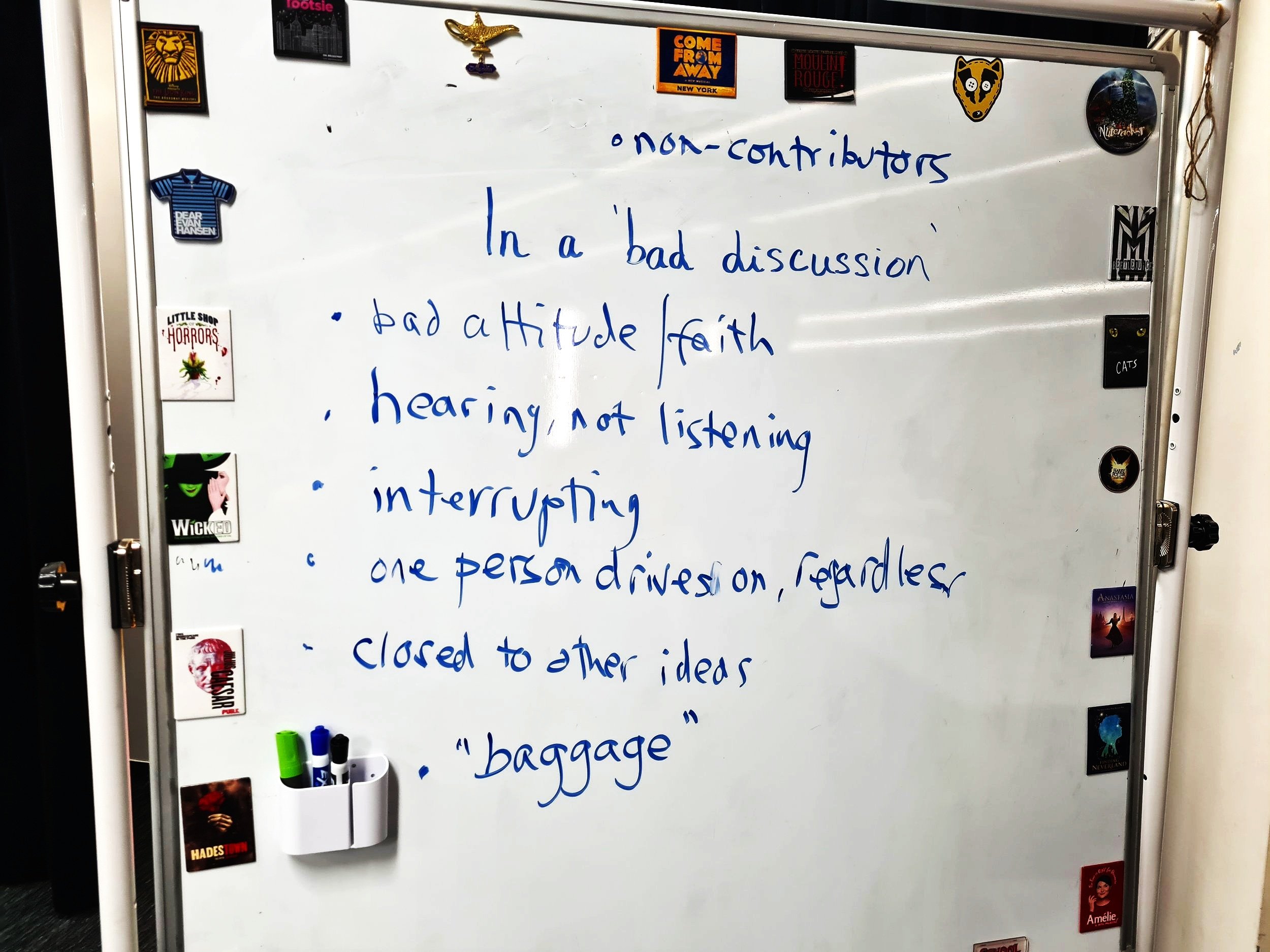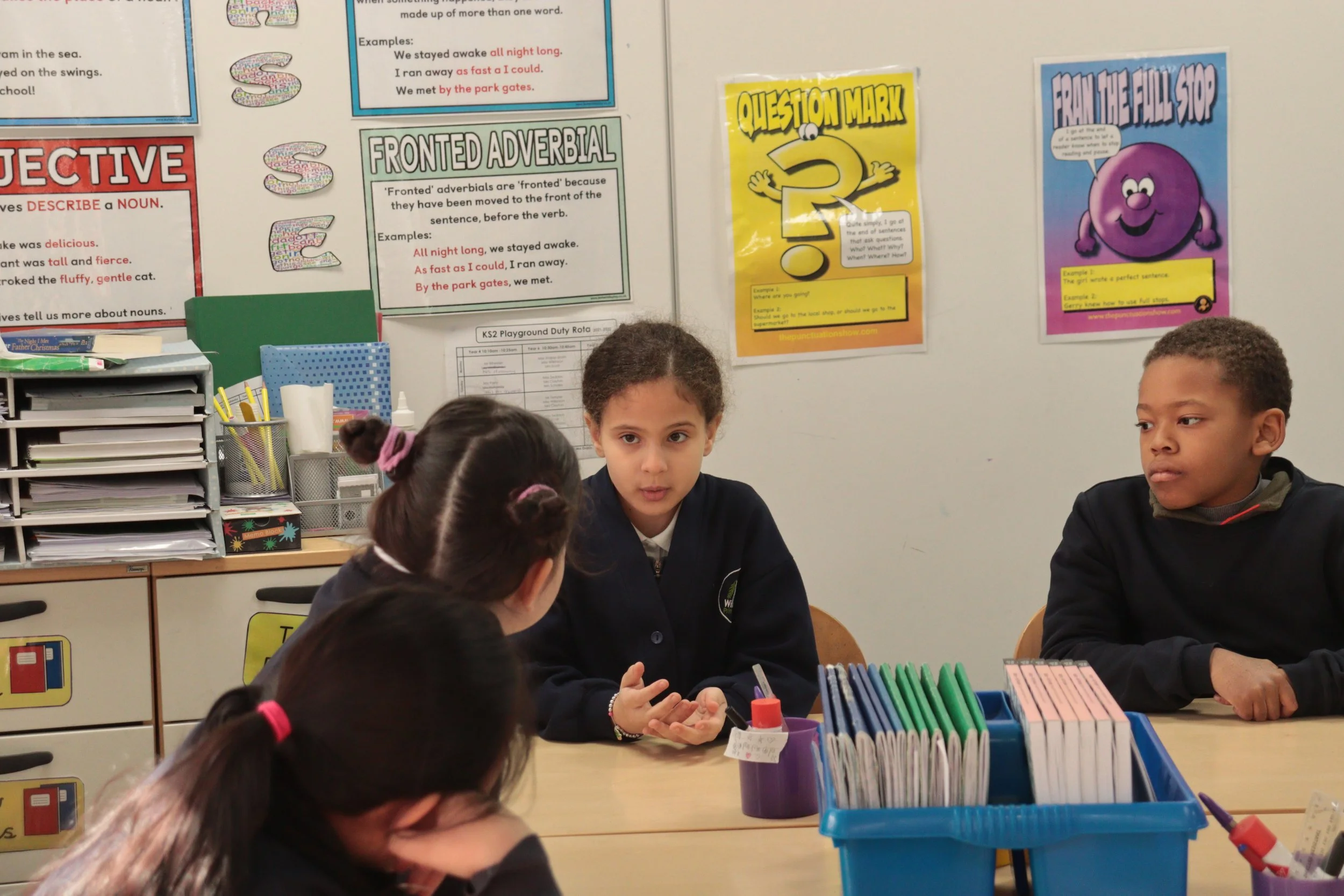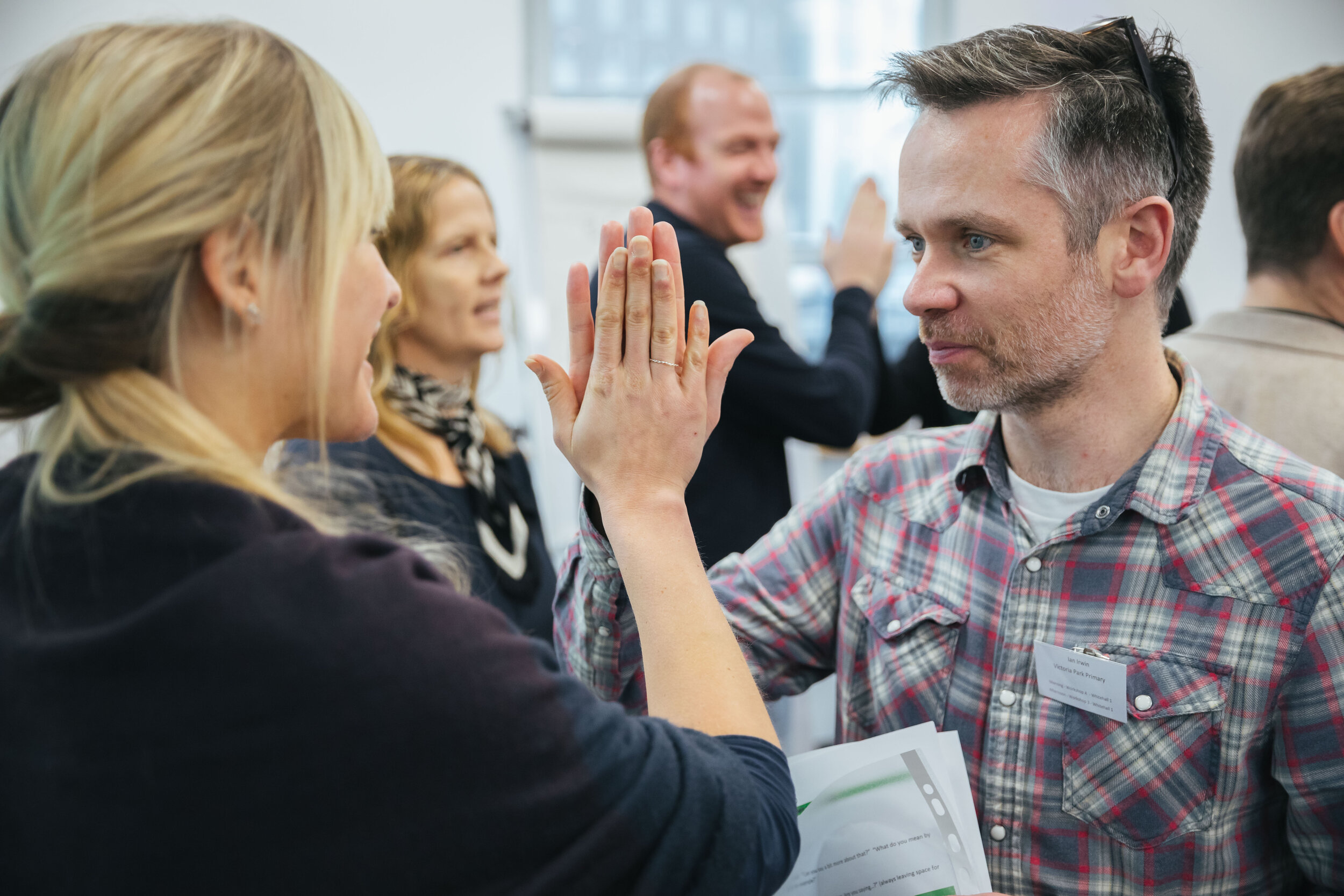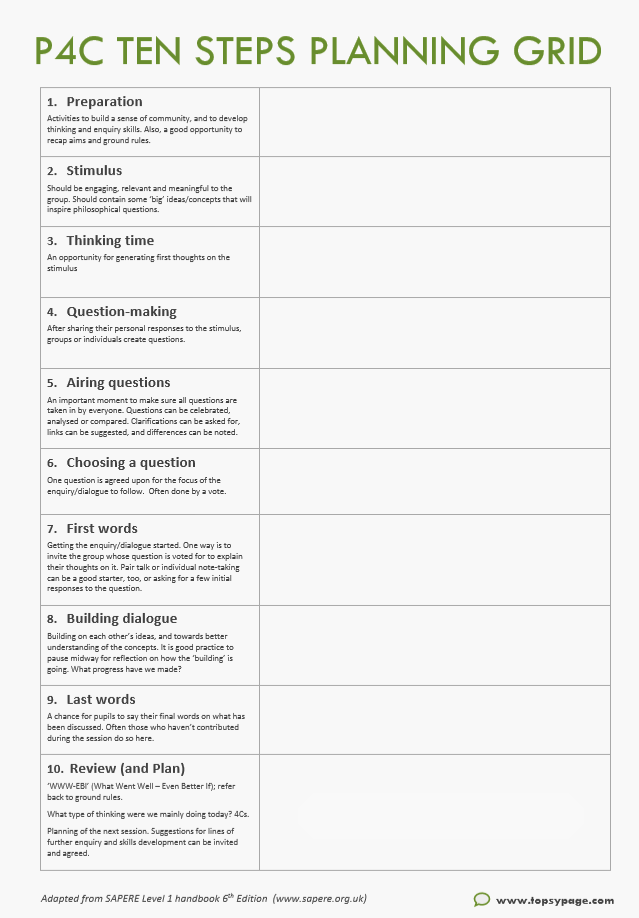
credit: chenspec via pixabay
If we want our students to become confident, thinking communicators, it’s important for them to have opportunities to reflect.
Here are some questions about talk and listening, for children to reflect on.
This could be done individually, perhaps writing responses. Or your class could discuss the questions in pairs – maybe a couple of questions each week.
How do you feel about talking to your class?
What helps you when you need to talk to your whole class?
What makes it more difficult?
Do you feel that you are becoming a more confident talker?
How good a listener are you?
What helps you listen better?
Why don’t you sometimes listen well?
Should we listen well all the time?
Is it okay that some people talk more than others?
Do you prefer talking in pairs or in groups?
What makes someone a good speaker?
Who is the best speaker in your class? What do they do that impresses you?
Who is the best listener? How do you know they are?
What could your teacher do to help you become a better talker?
How much do you think before you speak?
Is it important to think before you speak? Or is it okay to think while you speak?
What do you do if someone says something that you disagree with?
Do you have enough opportunities to express your opinion in your class?
Does everyone offer to share their ideas in lessons, or just some people?
What could we do that would help others to join in more?
An opportunity to take your teaching to the next level
Pupil voice about whole-class talk in Reading lessons
The importance of taking a moment to look and listen carefully
Examples showing how you can start using the Thinking Moves A-Z to gain the benefits of metacognition for your pupils
Encouraging pupils to think more deeply in reflection and talk time
Four development opportunities including P4C Level 1, Pedagogy, Talk for TAs.
A way of working which starts from core values. It encourages children to reflect, listen to each other and express their thoughts and feelings.
Children continually reflecting on their learning and selecting the right level of challenge.





